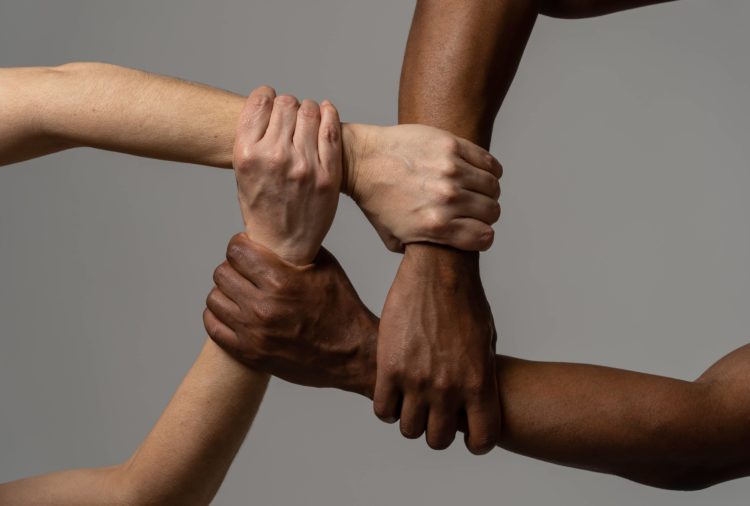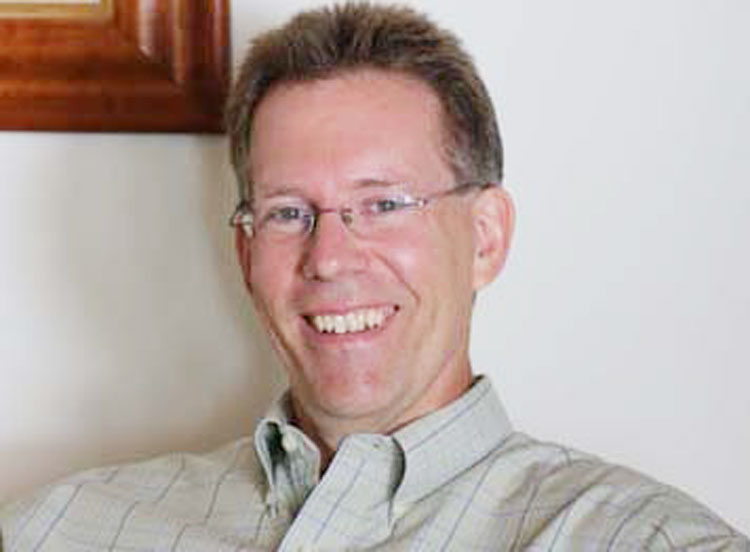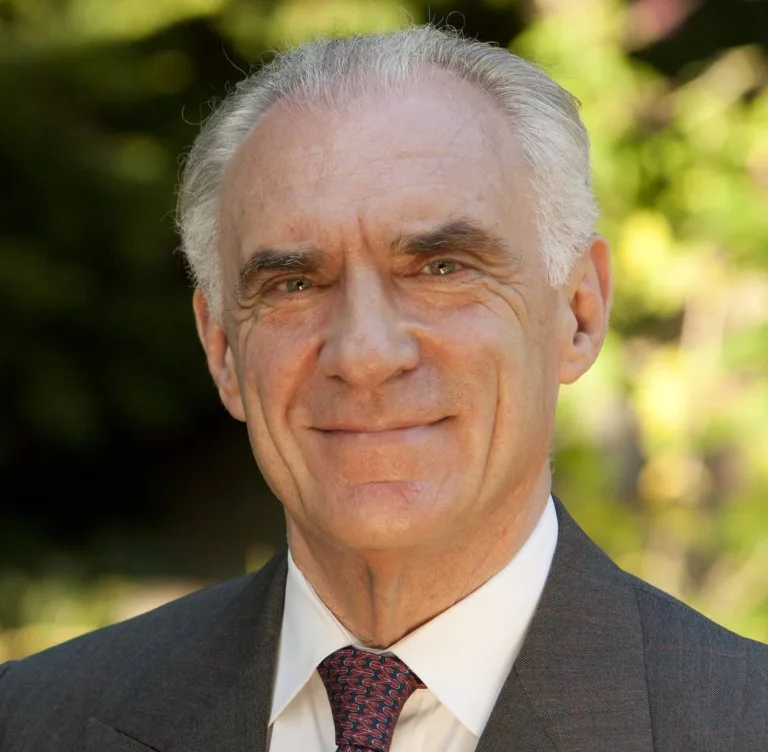

By Edward Horstmann
For the first nine years of my life I lived in Mariaville, New York, a small village that lies seventeen miles west of the city of Schenectady. I went to an all-white school and had the same classmates for six years in a row. Until I was in fifth grade, our class field trips involved visits to historic homes of the Revolutionary War Era, the Catskill Game Farm, and a large bakery that specialized in making bread with the consistency of silly putty.
Following the assassination of the Rev. Dr. Martin Luther King Jr. on April 4, 1968, our field trips veered sharply away from familiar destinations. Our teachers forged a partnership with a predominantly black school in Schenectady, and we began a series of reciprocal visits. Those same teachers took us to meet black professional dancers who were presenting a show at the Saratoga Performing Arts Center. After watching a rehearsal we met the artists, and I can still see in my mind’s eye the face of one young black man who took a personal interest in me; asking me questions about myself, and patiently answering my questions about him. It might not have registered with me then, but he and his colleagues must have been dancing with broken hearts in the wake of Dr. King’s murder. As for me, I was just coming into personal contact with black Americans, and only beginning to learn the history of cruelty and segregation that has been the dominant narrative for people of color for hundreds of years.
The lessons I learned from my teachers about the dignity of every human person, and especially the dignity of people with black and brown skin, were being further reinforced at the Mariaville Presbyterian Church. In Sunday School we sang songs from the old hymnals but were more deeply nourished by African-American spirituals and ballads from the peace movement. After church school I ascended the rickety stairs that led from our classroom next to the boiler in the basement and up into the sanctuary. Along with my best friend, Paul, who was the pastor’s son, I attended worship. While I can’t remember a single sentence from a sermon from those years, the emotional thrust of the message was loud and clear. Pastor Kalman Sulyok was mad and the focus of his rage was racial injustice. Having lived under Communist rule in Hungary for most of his life, he was a passionate advocate for freedom and equality. He sought to arouse that passion in his parishioners, including the ones who were not yet ten years old.
I am thankful that these leaders of my childhood hometown were not silent in the face of racial injustice. I don’t know how involved they were politically, but they weren’t about to make living in little Mariaville an excuse for standing on the sidelines. They used the means at their disposal to help us see the world through the eyes of others, and especially through the eyes of those who had suffered humiliation and degradation as an inescapable reality.
Those wise teachers instilled in me the belief that God loves all people, but has a distinct bias for the care and nurture of the most vulnerable. Their philosophy of life might have been summarized with these words: “Serve first those who suffer most.” So I find myself heartbroken over the recent killings of George Floyd, Breonna Taylor, and Ahmaud Arbery. Their deaths weigh heavily on me, as I know they do upon the souls of people across our country and the wider world. I grieve for their families as I do for all people of color who are continually subjected to the corrosive force of racism. I was glad to add my name to a document created by the Executive Committee of the Greenwich Fellowship of Clergy that “condemned the brutal killing of George Floyd…and acknowledged the systemic racism that still exists in our society.” We could also have pointed out that on top of rampant racial injustice, people of color are experiencing more serious illness and death due to the disease than white people.
If I could have a conversation with Mrs. Troup, my elementary school principal, and if she were to ask me what kind of hope I have for the future, I would say this: I am inspired by the nonviolent social protestors who have risen up nationally and internationally to affirm that black lives matter, because in so many fundamental ways black lives have not mattered. I have been heartened by scenes of mutual support and respect between protestors and various members of law enforcement agencies across the country. And while verbal statements of outrage are easy to write, many leaders of businesses, communities of faith, schools, and non-profits are linking a renewed commitment to racial equality with specific action steps that are tied to measurable outcomes.
“Behold, I do a new thing, “says the voice of God in the biblical book of Isaiah. “Do you not perceive it?” It’s a question that keeps me on my toes, and ready to lend a hand. Because we are long overdue for a new world, with a new normal that is good for everyone, and where equality has plenty of room to breathe.
The Rev. Dr. Edward G. Horstmann is the Senior Minister at Round Hill Community Church




